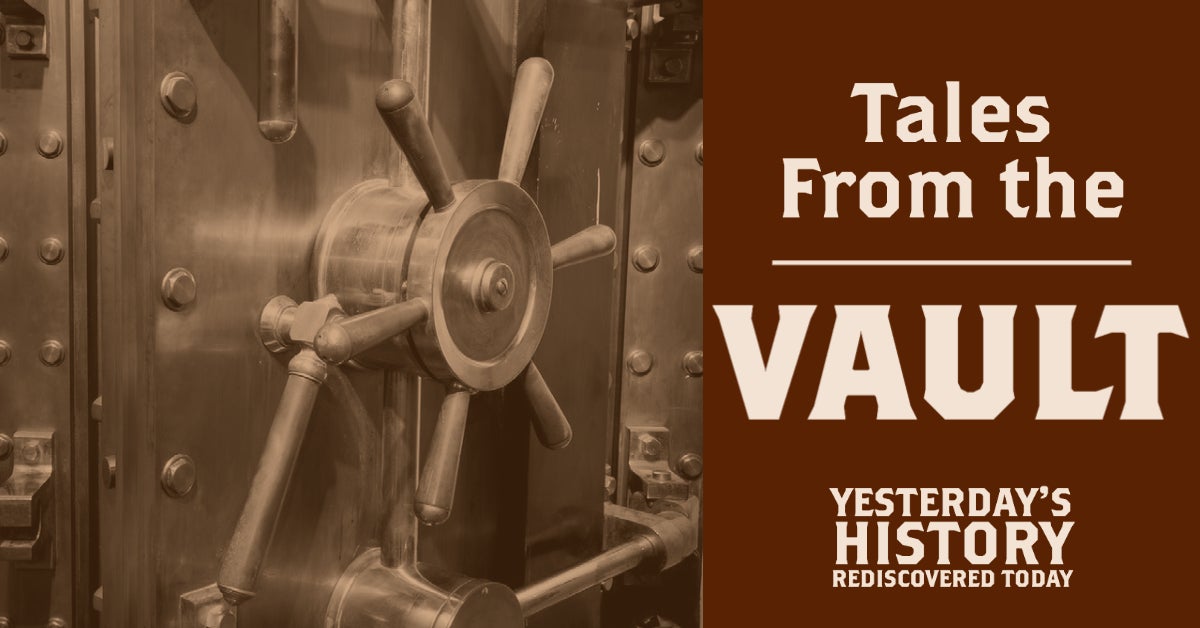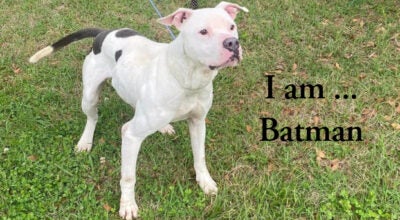FROM THE VAULT: One Man’s Trash… Schaffer’s habit-turned-hobby leads to master ‘junk’ collection
Published 8:00 am Sunday, March 5, 2023
By the Late Gordon Cotton | Originally published in The Vicksburg Post on March 24, 2013.
If it is true that one man’s trash is another man’s treasure, then Cason Schaffer is the embodiment of that admonition. He’s been collecting stuff since he was a kid, and as of this story, he’s 86.
He grew up on Cherry and Drummond streets, and boys didn’t have myriad organized sports then like they do today. He and his friends rambled in the woods a lot, fished, played softball, worked, rode bicycles — “And I collected when I wasn’t doing anything else.” He gathered a lot of junk, which he defines as “anything they’d give me a dime for.”
Most of the time it was iron, and he recalls 200-pound cannon balls at McDonald’s junkyard on Oak Street that were sold for scrap. Today they are extremely valuable, but back then little was paid for them.
Cason’s love for collectibles comes naturally, for he recalls that his mother “was like I am — she saved everything.” She had a postcard collection, probably insignificant in number compared to what he has today.
“I have over 1,500 Vicksburg postcards,” he said. Some are of the same place, but a different view. Some have additions made to the scenes, what one might call artistic license, and those are some that Cason really doesn’t want. He’s more into authenticity.
The earliest picture postcards date from around 1898 to 1900 and had no room for a message, only an address. The paper stock, the style of printing and even the shape (the Continental card is larger) have changed over the years, and the cost of mailing has gone from a penny to more than 40 cents.
One card Cason doesn’t have is the Lincoln Bank, also called the Freedmen’s Bank, the first black-owned and operated bank in America, which was located on Washington Street.
There was such a postcard for sale and Cason bid on it, but he let it get by when the bidding reached $117 — for a 1-cent postcard.
Cason also collects tax tokens and business tokens, a hobby that can be both expensive and profitable. One token sold for about $40 at a recent coin club meeting. Business tokens were an advertising ploy, much as green stamps were some years back and as coupons are today.
Present one and you’d be given a discount. Among the rarest are those from the Lincoln Bank.
Present the teller with a 50-cent token and it would be matched with a like amount to start a savings account. Collecting is more than just a hobby for Cason, for it has also become a business. He might buy a collection, keep what he wants and sell the rest.
“I started selling postcards and coins in order to get the things I needed,” he said.
He also collects stamps — not whole sheets of them, but one of each — and he started the local Coin Show, Civil War Show and Bottle Show. Vendors aren’t restricted to those particular items, but they should be predominant.
Cason’s sons also are collectors. Bill lives in St. Louis, Lucian in Texas, Robert in Vicksburg and Russell in Florence. The sons are more interested in bottles, especially those from old Vicksburg drugstores. Cason helps sell them, but had a disclaimer: “I don’t have to know anything about bottles. I’m not authenticating them. I just take the money.”
That doesn’t mean he isn’t interested. He has a half-pint Allen’s Dairy milk bottle, special because he worked for the company when he was a youth. There were a half-dozen dairy farms in Warren County — none today — and the most collectible milk bottle is from Pennebaker’s.
He remembers going to work on a bicycle: “I wore out four, and they were all secondhand.”
Genuine Confederate money is a sought-after item, and Cason said it is getting harder and harder to get. He buys from individuals and from other collectors. One of his main outlets for selling Confederate currency is the Old Court House Museum gift shop.
What does the public want most?
“Certainly not postcards,” he said, adding that silver coins are the most popular now, but not for the historic value but for the silver content. Cason goes to the local shows and also to the Jackson Bottle Show and the Brandon Coin Show. You’ll find him in mid-April at the Old Court House Spring Flea Market and again at the one in October on Court Square.
Cason is the reason there’s a fall flea market. The April market, originally held around the Old Court House, wasn’t operated by the museum and Historical Society but was moved several years ago. (It’s back on the Court Square). Those who ran the show wanted it to be just arts and crafts; they didn’t want flea market booths.
That’s when he and his wife, Frances, started the fall flea market. It’s held on the first Saturday in October with booth rental fees going to the Old Court House Museum. The Schaffers ran it for a number of years before turning it over to the Historical Society.
According to Museum Director Bubba Bolm, 2013 will be the 31st annual event, and what Cason and Frances Schaffer started has put about $160,000 to $180,000 in the museum treasury.
“I have nothing against arts and crafts,” Cason said. “But I prefer old stuff.”
Though Cason said collecting has made a lot of difference in his life, that has been an avocation. His day job, so to speak, was social work. He earned an undergraduate degree at Mississippi State and did graduate studies at LSU. Frances was a teacher until she retired, and the Schaffers are members of Bovina Methodist Church.
When it comes to collecting, he gives a lot of credit to his wife, especially in organizing the flea market. A lot of that help was intending to business over the telephone. Though he knows a lot about what’s collectible, Cason shies away from the term expert, “because that’s somebody who thinks they know it all. There are worlds of people who know a lot more about everything than I do.”
He does wonder, “What’s going to happen to all this stuff when I’m gone? But Frances says there won’t be any problem — what the boys don’t want will be sold.”
Meanwhile, Cason will be manning his booth at the April Flea Market and again in October at the Old Court House. His stand will be on Grove Street, opposite the jail. He’ll have postcards, tokens, coins bottles — even wooden nickels.
Gordon Cotton (1936-2021) was a Vicksburg and Warren County icon who spent a lifetime learning and sharing history.






